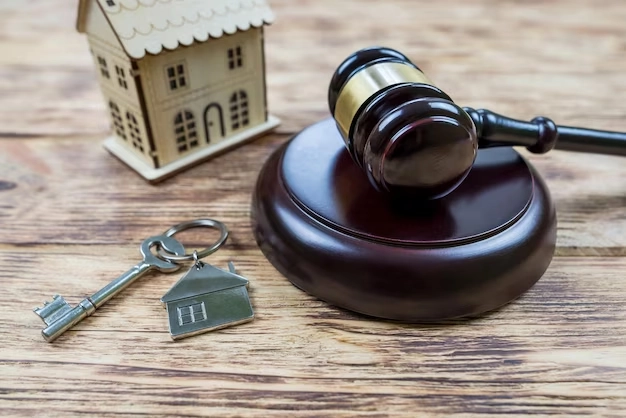What Are Your Rights Regarding Noisy Neighbors?

People have clear rights when dealing with loud neighbors, backed by local laws and rules for renters. Every resident can expect reasonable peace and quiet in their home without constant disruptions. If neighbors are too loud, start by writing down when it happens, talking to them about it, and getting help from your landlord or […]
What Are Your Rights in a Seller Disclosure Lawsuit?

If sellers hide problems they knew about when selling a home, buyers can take legal action to get money back. To win their case, buyers need to show the seller kept quiet about serious issues that make the home less valuable or unsafe. Buyers can get back money they spent on fixes, the drop in […]
What Are Your Rights in a Multiple Offer Situation?

In a multiple offer situation, buyers have several key rights. Real estate agents must show all written offers to sellers right away. Sellers can’t reject offers based on things like race, religion, or gender. Every buyer should get fair treatment and the same amount of time for responses. Sellers must share all important facts about […]
What Are Your Rights in a Mortgage Fraud Investigation?

When someone is being investigated for mortgage fraud, they have basic rights to protect themselves. They can get a lawyer and don’t have to answer questions that might get them in trouble. They can stay quiet when investigators ask them questions, and they can make sure investigators have the right permits before searching their property. […]
What Are Your Rights in a Forced Property Partition?

When people share ownership of property and face a forced split, they have clear legal protections. They can ask a judge to divide the property, get a fair price check, and receive their proper share of the money from any sale. Owners can speak up if they think the price is wrong, take part in […]
What Are Your Options When Someone Builds on Your Property?

If you find someone building on your land without asking, you have several ways to handle it. Start by taking pictures and videos of the building work, and write down what happened and when. Try talking to the person who’s building – sometimes a simple conversation can fix things. If talking doesn’t work, you can […]
What Are the Red Flags of Mortgage Fraud?

Major signs of mortgage fraud include fishy loan papers, quick jumps in property values, and unclear sources of down payments. Watch out for missing or mismatched money records, different versions of papers showing different numbers, and big money deposits that can’t be explained. Signs of stolen identity like wrong personal details and job information that […]
What Are the Penalties for Mortgage Fraud?

Mortgage fraud comes with harsh punishments at both federal and state levels. People who commit this crime can go to jail for up to 30 years and pay fines as high as $1 million. Banks and lending companies caught in fraud may have to pay up to $5 million. Those who commit mortgage fraud face […]
What Are the Most Common Causes of Real Estate Lawsuits?

Legal battles in real estate often happen when people break agreements, hide property problems, or fight about where property lines are. Home sellers can get in big trouble if they don’t tell buyers about things like damaged foundations or health risks they knew about. Real estate agents can also face lawsuits if they don’t do […]
What Are the Limits of HOA’s Authority Over Home Modifications?

HOAs have rules about changing your home, but these rules must follow state and federal laws, as well as court rulings. While HOAs can control outside changes to homes through their rules to keep neighborhood values high, they can’t make unfair rules or treat some homeowners differently than others. Homeowners have the right to make […]
